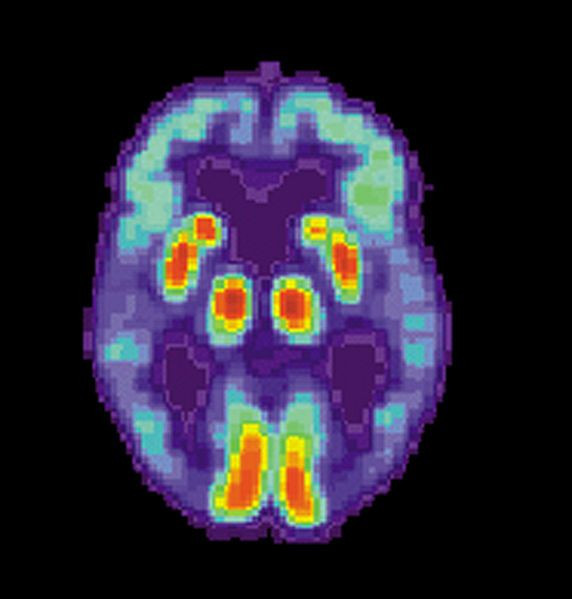How Blood Sugar Levels Affect Alzheimer’s Disease Risk

A significant number of studies continue to suggest links or connections do exist between diabetes and Alzheimer's disease. They claim people with diabetes, especially type 2 diabetes, are at higher risk of eventually developing Alzheimer's dementia or other dementias.
These links, however, aren't fully understood. Studies also can't determine whether taking steps to prevent or control diabetes might help reduce the risk of cognitive decline, including the risk of developing Alzheimer's.
What’s widely recognized is that diabetes is considered a risk factor for vascular dementia. This type of dementia is often caused by reduced or blocked blood flow to the brain.
Doctors know many people with diabetes have brain changes that are clear indicators of both Alzheimer's disease and vascular dementia. Some think each condition fuels the damage caused by the other, hence the persistent theory of a connection between diabetes and Alzheimer's disease.
Diabetes might also increase the risk of developing mild cognitive impairment (MCI). This is a condition where people experience more thinking (cognitive) and memory problems than are usually present in normal aging.
Now, new research is shedding a brighter light on why diabetes might lead to Alzheimer's. This conundrum was taken up at the recent Society for Neuroscience meeting in Chicago.
Again, it was pointed out there's some kind of link between Alzheimer's and diabetes. It's also known the risk for dementia increases twofold in people who have diabetes or metabolic syndrome. But, again, it's not clear what the connection is.
Dr. Liqin Zhao, Ph.D., an associate professor at the University of Kansas, believes the link might be found in the process that enables brain cells to turn sugar into energy. She said one part of that process is called glycolysis.
She pointed out that glycolysis helps brain cells communicate and get rid of the toxins associated with Alzheimer's. In one of her experiments, she gave mice a substance that she thought might help.
This substance is found in the brains of people with a gene that protects them against Alzheimer's. Zhao said the substance made brain cells healthier overall.
"All of this together increased the brain's resilience against the onset of Alzheimer's disease," she revealed.
Blood sugar might also contribute to the sleep problems often affecting Alzheimer's patients. Dr. Shannon Lynn Macauley-Rambach, Ph.D., Assistant Professor, Gerontology and Geriatric Medicine from Wake Forest School of Medicine, said studies of mice found the brain changes associated with Alzheimer's can interfere with sleep. But, so can abnormal levels of blood sugar, according to her.
"Whether your blood sugar is high or low, which are both found in diseases like Type 2 diabetes -- that this can actually lead to disrupted sleep," she said.
She believes restoring normal levels of blood sugar in Alzheimer's patients might improve their sleep and might even slow down the disease.




























